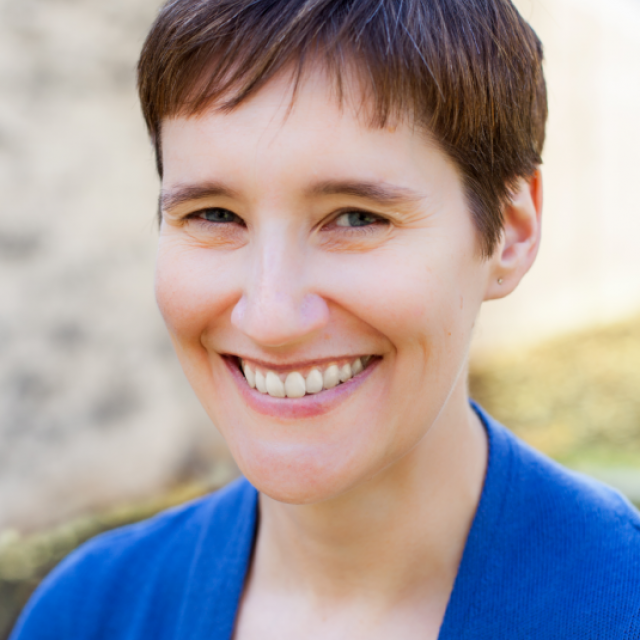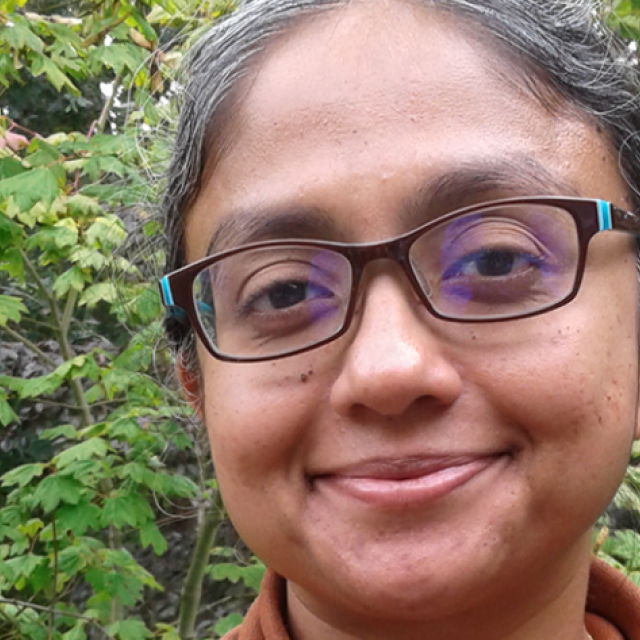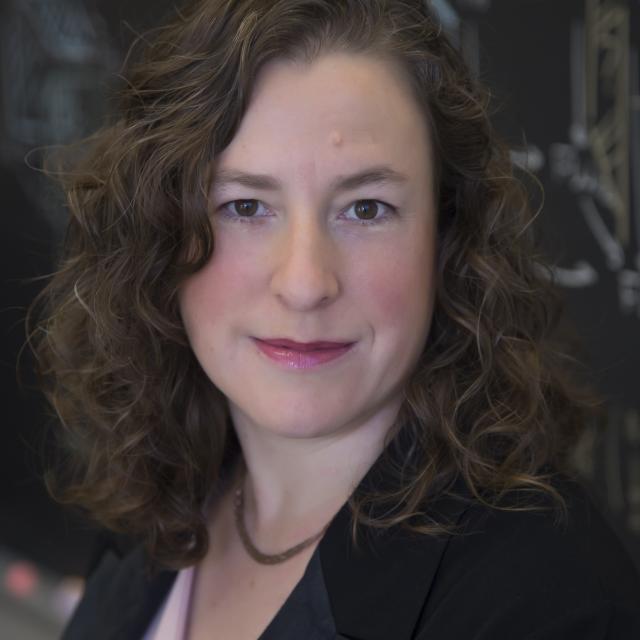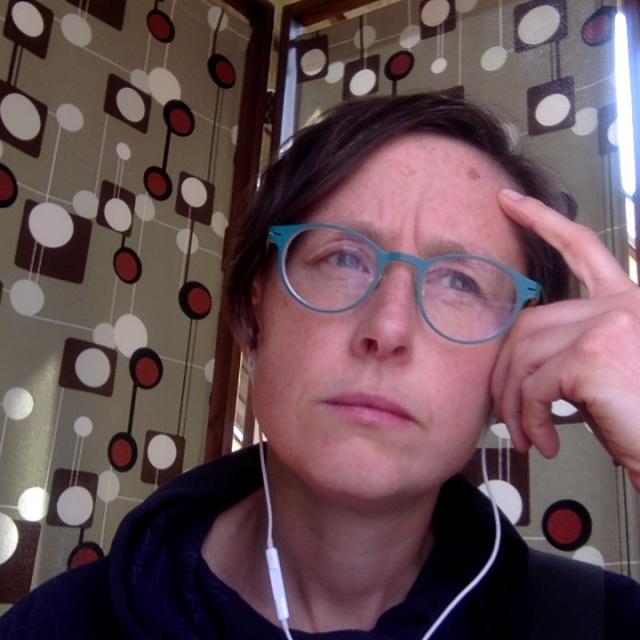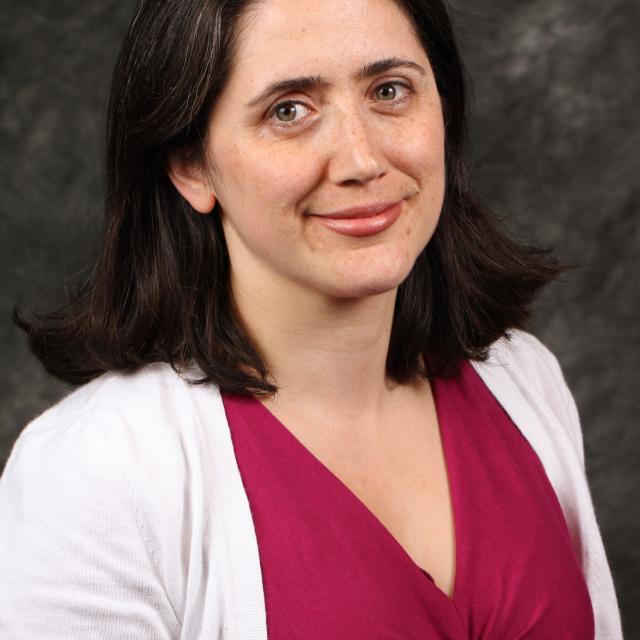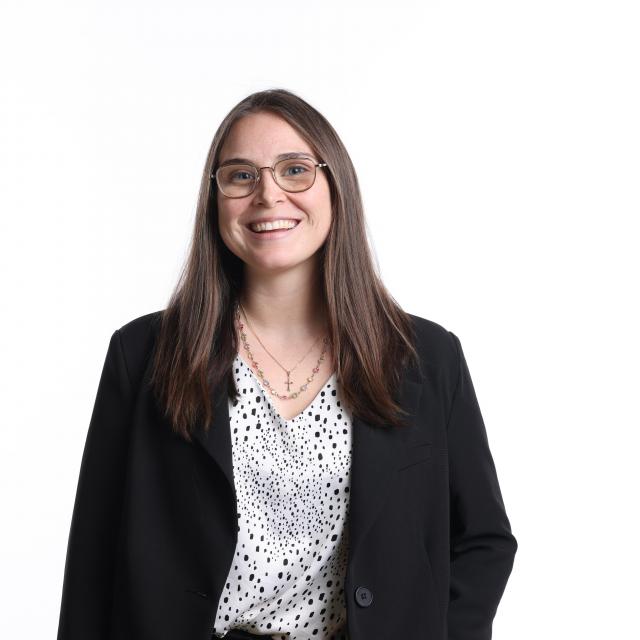Equity Diversity and Inclusivity Committee
PIMS acknowledges that equity, diversity and inclusion strengthen the mathematical community by increasing the impact and relevance of research; widening the pool of qualified potential participants; and enhancing the integrity of the programs.
The programs and groups we support should promote and develop a rich research community, accessible to every member of the community. The purpose of the PIMS EDI Committee (EDIC) is to develop implementable, explicit strategies to monitor and improve equity, diversity and inclusivity of the Institute and its activities, and potentially impact the wider mathematical sciences community. We strive to support inclusivity at all stages from K to retirement, recognizing that gains made through support of one level can often be impacted by a weakness at another. We furthermore recognize that clear, successful policies are required by funding agencies. Within the mandate we consider inequities faced by women, Indigenous Peoples, persons with disabilities, members of visible minorities and diverse sexual orientation and gender identities.
EDI Committee
Ex-Officio Members
Past Committee Members
PIMS would like to thank the following people for their past membership and participation in the PIMS Equity Diversity and Inclusivity Committee
